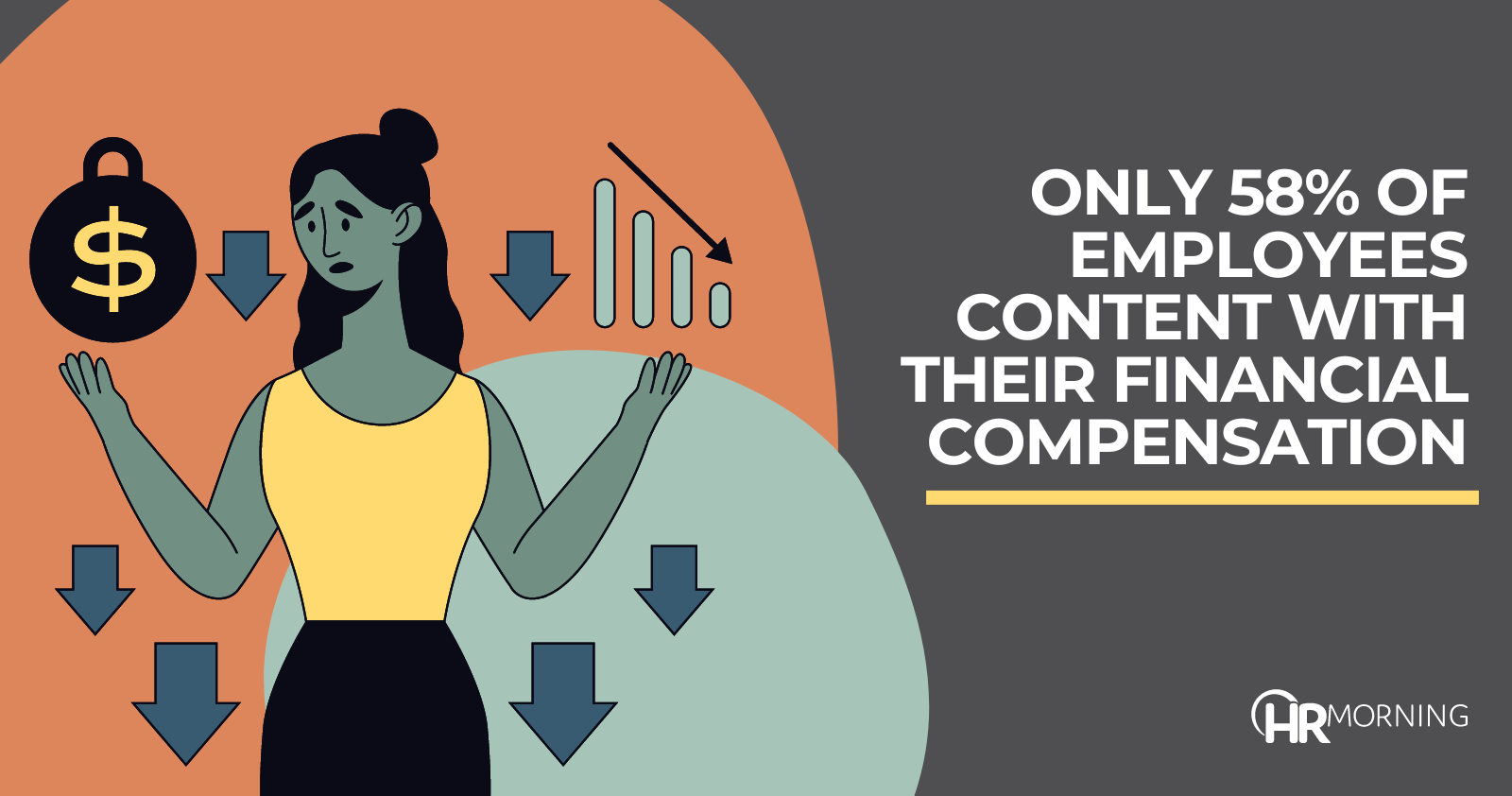Annual raises can be an important piece of the retention puzzle, but new research from BambooHR shows that raises are happening less often and, when they do happen, they’re a quarter smaller. In a world where the cost of living is continuing to rise, that’s a problem.
The current economic market is tricky to navigate, forcing employers to pinch pennies in an attempt to keep businesses afloat. But with a lack of qualified talent, retaining employees is also a primary focus – and many employers don’t have the resources to provide the competitive perks top talent craves.
The result is infrequent raises that aren’t keeping up with the cost of living and inflation, among other compensation trends, leading to problems for employees and employers. Here’s what you need to know.
New year, lower raises
According to BambooHR’s study, two in five (41%) salaried employees did not receive raises this past year, compared to 33% in 2022. What’s more, those raises were 25% smaller, going from a 6.2% average increase in 2022 to 4.6% this year.
Looking ahead, nearly a third (29%) of employees don’t expect a salary increase or promotion in the next 12 months.
Beyond raises, the compensation outlook for 2024 reflects the economic challenges of recent years, including continuing fears about job security and the cost of living crisis.
A whopping 73% of employees said they would consider leaving their current job for a higher paycheck, and 48% have thought about doing so in the last six months. And the pay increase that they’re willing to jump ship for – 13.3% – is less than last year, at 16.1%.
The research also found that employees are willing to stick it out for the right reasons:
- 44% would stick with a job they disliked if the salary was high enough
- 24% say they’d be willing to take a salary cut if it meant job security for the next year, and
- 28% would be willing to take a salary cut for a more flexible working location.
What HR can do to quell fears, improve satisfaction
The numbers paint a bleak picture for employee satisfaction with compensation in the new year. With many organizations struggling to stay afloat amid turbulent times, simply raising salaries isn’t always an option.
Here are some steps HR pros can take to help ease the burden for employees without sacrificing employer resources.
- Think beyond salary: The research made it clear that while employees were sometimes dissatisfied with their compensation rates, they were willing to sacrifice higher compensation for some additional perks, like flexible work or job security. This can be a good opportunity for organizations to improve employee satisfaction with benefits other than salary. Some of these perks – like flexible work – can improve other areas of work, such as work-life balance and productivity.
- Communicate clearly and often: Being transparent with salary ranges from the get-go can help keep expectations aligned. But what some may forget is to continue communicating. If employees are kept up to date on the financial health of the business and the current state of the larger industry, it can help prevent misaligned expectations and dissatisfaction.
- Gather and analyze feedback: Employee listening can go a long way when it comes to satisfaction. Even if you don’t have the resources to improve pay, listening to employee concerns about compensation can help you identify other areas where you may be able to improve satisfaction and improve the workplace as a whole.


